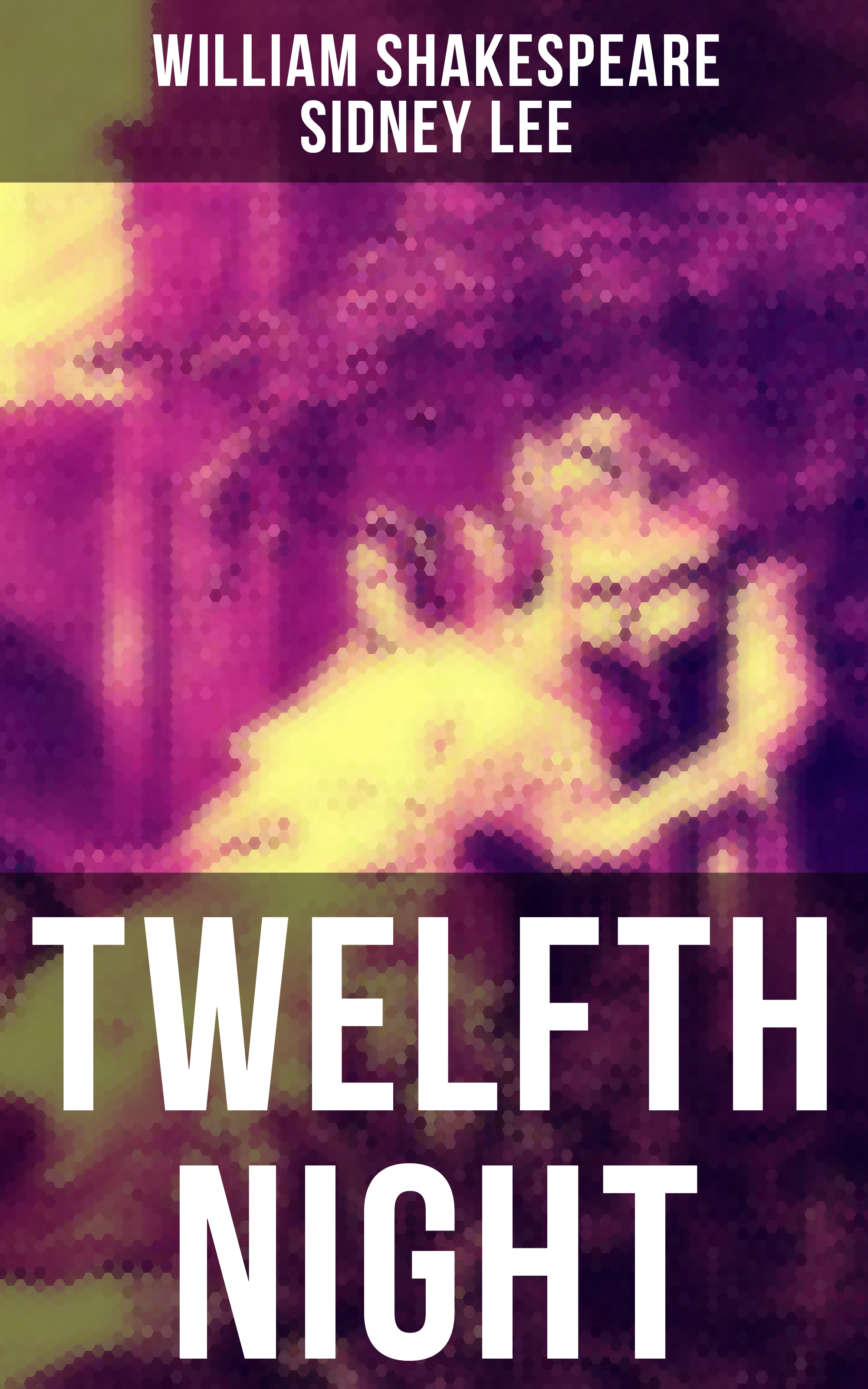MARIA. By my troth, Sir Toby, you must come in earlier o’ nights; your cousin, my lady, takes great exceptions to your ill hours.
SIR TOBY.
Why, let her except before excepted.
MARIA. Ay, but you must confine yourself within the modest limits of order.
SIR TOBY. Confine! I’ll confine myself no finer than I am. These clothes are good enough to drink in, and so be these boots too; and they be not, let them hang themselves in their own straps.
MARIA. That quaffing and drinking will undo you. I heard my lady talk of it yesterday, and of a foolish knight that you brought in one night here to be her wooer.
SIR TOBY.
Who, Sir Andrew Aguecheek?
MARIA.
Ay, he.
SIR TOBY.
He’s as tall a man as any’s in Illyria.
MARIA.
What’s that to th’ purpose?
SIR TOBY.
Why, he has three thousand ducats a year.
MARIA. Ay, but he’ll have but a year in all these ducats; he’s a very fool and a prodigal.
SIR TOBY. Fie, that you’ll say so! he plays o’ th’ viol-de-gamboys, and speaks three or four languages word for word without book, and hath all the good gifts of nature.
MARIA. He hath indeed, almost natural; for, besides that he’s a fool, he’s a great quarreller; and but that he hath the gift of a coward to allay the gust he hath in quarrelling, ‘tis thought among the prudent he would quickly have the gift of a grave.
SIR TOBY. By this hand, they are scoundrels and subtractors that say so of him. Who are they?
MARIA.
They that add, moreover, he’s drunk nightly in your company.
SIR TOBY. With drinking healths to my niece. I’ll drink to her as long as there is a passage in my throat and drink in Illyria: he’s a coward and a coystrill that will not drink to my niece till his brains turn o’ th’ toe like a parish-top. What, wench! Castiliano vulgo! for here comes Sir Andrew Agueface.
[Enter SIR ANDREW AGUECHEEK.]
SIR ANDREW.
Sir Toby Belch; how now, Sir Toby Belch!
SIR TOBY.
Sweet Sir Andrew!
SIR ANDREW.
Bless you, fair shrew.
MARIA.
And you too, sir.
SIR TOBY.
Accost, Sir Andrew, accost.
SIR ANDREW.
What’s that?
SIR TOBY.
My niece’s chambermaid.
SIR ANDREW.
Good Mistress Accost, I desire better acquaintance.
MARIA.
My name is Mary, sir.
SIR ANDREW.
Good Mistress Mary Accost,—
SIR TOBY. You mistake, knight; ‘accost’ is front her, board her, woo her, assail her.
SIR ANDREW. By my troth, I would not undertake her in this company. Is that the meaning of ‘accost’?
MARIA.
Fare you well, gentlemen.
SIR TOBY. An thou let part so, Sir Andrew, would thou mightst never draw sword again.
SIR ANDREW. And you part so, mistress, I would I might never draw sword again. Fair lady, do you think you have fools in hand?
MARIA.
Sir, I have not you by th’ hand.
SIR ANDREW.
Marry, but you shall have; and here’s my hand.
MARIA. Now, sir, ‘thought is free.’ I pray you, bring your hand to th’ buttery-bar and let it drink.
SIR ANDREW.
Wherefore, sweetheart? what’s your metaphor?
MARIA.
It’s dry, sir.
SIR ANDREW.
Why, I think so; I am not such an ass but I can keep my hand dry.
But what’s your jest?
MARIA.
A dry jest, sir.
SIR ANDREW.
Are you full of them?
MARIA.
Ay, sir, I have them at my fingers’ ends; marry, now I let go
your hand, I am barren.
[Exit.]
SIR TOBY. O knight, thou lack’st a cup of canary; when did I see thee so put down?
SIR ANDREW. Never in your life, I think; unless you see canary put me down. Methinks sometimes I have no more wit than a Christian or an ordinary man has; but I am a great eater of beef, and I believe that does harm to my wit.
SIR TOBY.
No question.
SIR ANDREW.
And I thought that, I’d forswear it. I’ll ride home tomorrow,
Sir Toby.
SIR TOBY.
Pourquoi, my dear knight?
SIR ANDREW. What is ‘pourquoi’? do or not do? I would I had bestow’d that time in the tongues that I have in fencing, dancing, and bear-baiting! O, had I but follow’d the arts!
SIR TOBY.
Then hadst thou had an excellent head of hair.
SIR ANDREW.
Why, would that have mended my hair?
SIR TOBY.
Past question; for thou seest it will not curl by nature.
SIR ANDREW.
But it becomes me well enough, does’t not?
SIR TOBY.
Excellent; it hangs like flax on a distaff.
SIR ANDREW. Faith, I’ll home tomorrow, Sir Toby. Your niece will not be seen; or, if she be, it’s four to one she’ll none of me: the count himself here hard by wooes her.
SIR TOBY. She’ll none o’ th’ count. She’ll not match above her degree, neither in estate, years, nor wit; I have heard her swear’t. Tut, there’s life in’t, man.
SIR ANDREW. I’ll stay a month longer. I am a fellow o’ th’ strangest mind i’ th’ world; I delight in masques and revels sometimes altogether.
SIR TOBY.
Art thou good at these kickshawses, knight?
SIR ANDREW. As any man in Illyria, whatsoever he be, under the degree of my betters; and yet I will not compare with an old man.
SIR TOBY.
What is thy excellence in a galliard, knight?
SIR ANDREW.
Faith, I can cut a caper.
SIR TOBY.
And I can cut the mutton to’t.
SIR ANDREW.
And I think I have the back-trick simply as strong as any man in
Illyria.
SIR TOBY. Wherefore are these things hid? wherefore have these gifts a curtain before ‘em? are they like to take dust, like Mistress Mall’s
